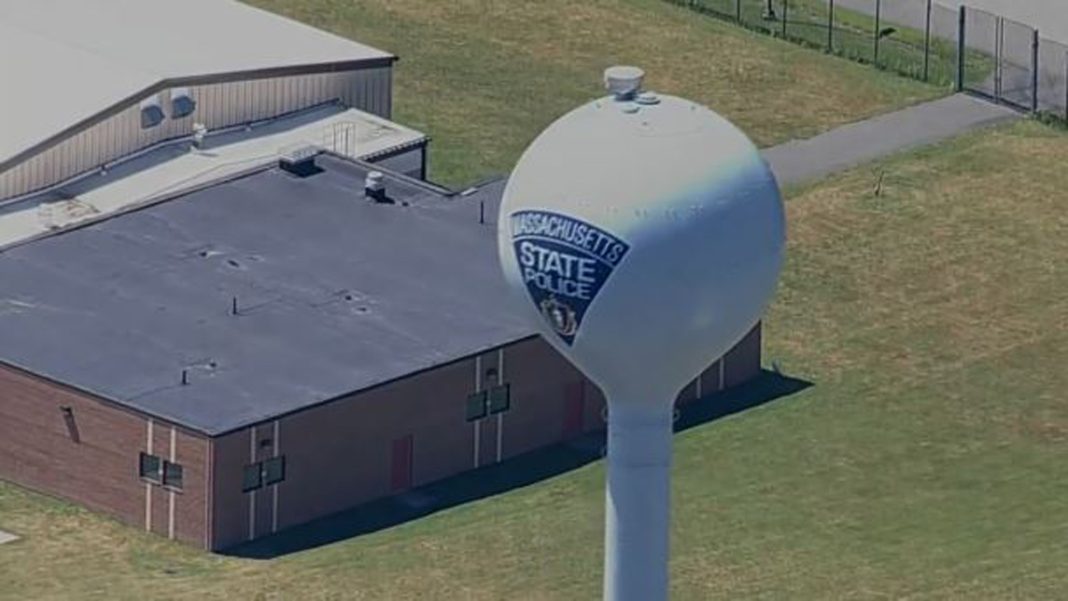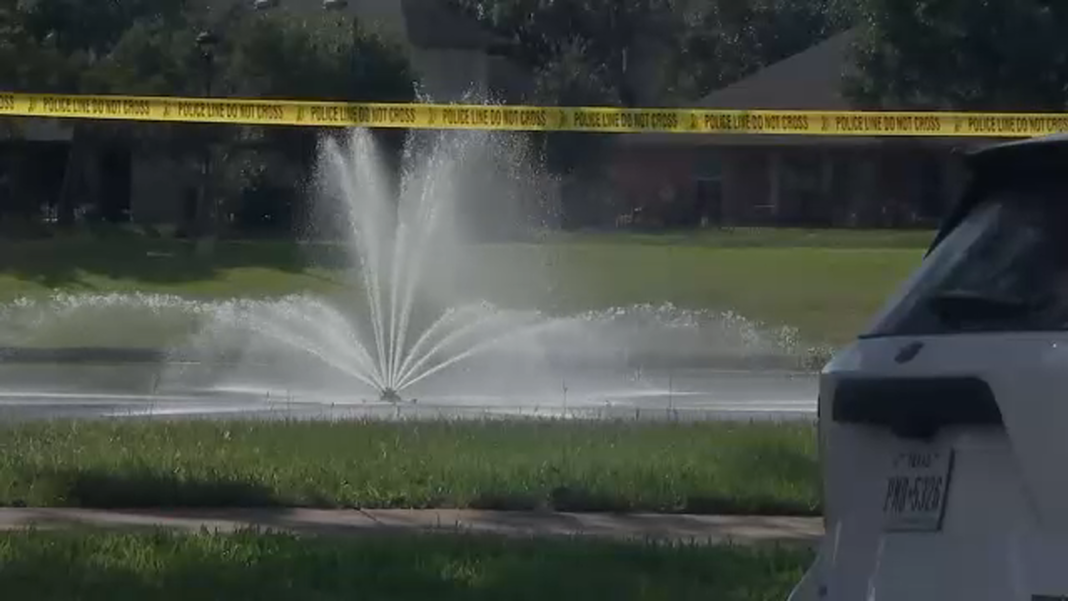In a tragic turn of events that has left the Massachusetts State Police community grappling with grief, the death of Trooper Enrique Delgado-Garcia has prompted significant changes within the police academy. Delgado-Garcia, who was sworn in as a trooper just hours before his untimely passing, suffered a serious injury during a training exercise. This incident has raised critical questions about the safety protocols and training methods employed in police academies, particularly regarding full-contact training.
On the day of the incident, Colonel John E. Mawn Jr. took immediate action by requesting a comprehensive investigation from the State Police Detective Unit, which operates under the Worcester District Attorney’s Office. This move underscores the department’s commitment to transparency and accountability. Mawn’s call for an independent investigator highlights the need for an objective examination of the circumstances surrounding Delgado-Garcia’s death, ensuring that the investigation is free from any potential biases or conflicts of interest.
In response to this tragedy, the Massachusetts State Police has suspended all full-contact training at the academy. This decision speaks volumes about the department’s recognition of the inherent risks associated with such training methods. Full-contact training, while essential for preparing recruits for real-life confrontations, must be balanced with a rigorous assessment of safety protocols. The department has initiated a thorough review of its defensive tactics program, focusing on various critical aspects: safety protocols, training methods, curriculum alignment with law enforcement objectives, and health considerations.
Experts in law enforcement training emphasize that incidents like Delgado-Garcia’s underscore the necessity of regular evaluations of training practices. Dr. John W. Smith, a former police chief and current law enforcement consultant, notes, “Training should evolve based on the latest research and feedback. It’s crucial that police academies adopt a culture of continuous improvement, where safety is paramount and recruits are equipped not only with skills but also with an understanding of their physical limits.”
The deep impact of Delgado-Garcia’s death extends beyond the immediate loss felt by family, friends, and colleagues; it reverberates throughout the police force and the community it serves. The department’s statement expressing sympathy and support for the grieving family reflects a broader understanding of the emotional toll that such tragedies can impose on law enforcement personnel. The loss of a dedicated recruit from the 90th Recruit Training Troop is not just a loss of life; it is a reminder of the risks that law enforcement officers face daily, a reminder that resonates with families and communities alike.
As the investigation unfolds, the department has assured the Delgado-Garcia family of its commitment to providing full ceremonial support for the wake and burial, emphasizing the fraternity that exists among law enforcement personnel. This support serves as a poignant reminder of the solidarity within the police community—a community that rallies together in times of crisis and loss.
In light of these events, it is imperative for police academies nationwide to reevaluate their training methodologies, ensuring that they prioritize the health and safety of recruits while preparing them for the challenges of the job. The tragic loss of Trooper Enrique Delgado-Garcia may serve as a catalyst for much-needed reform, sparking conversations about how to create a safer training environment for future officers. As the Massachusetts State Police move forward, the hope is that such a tragic incident will lead to lasting changes that enhance the safety and well-being of all recruits in the line of duty.

